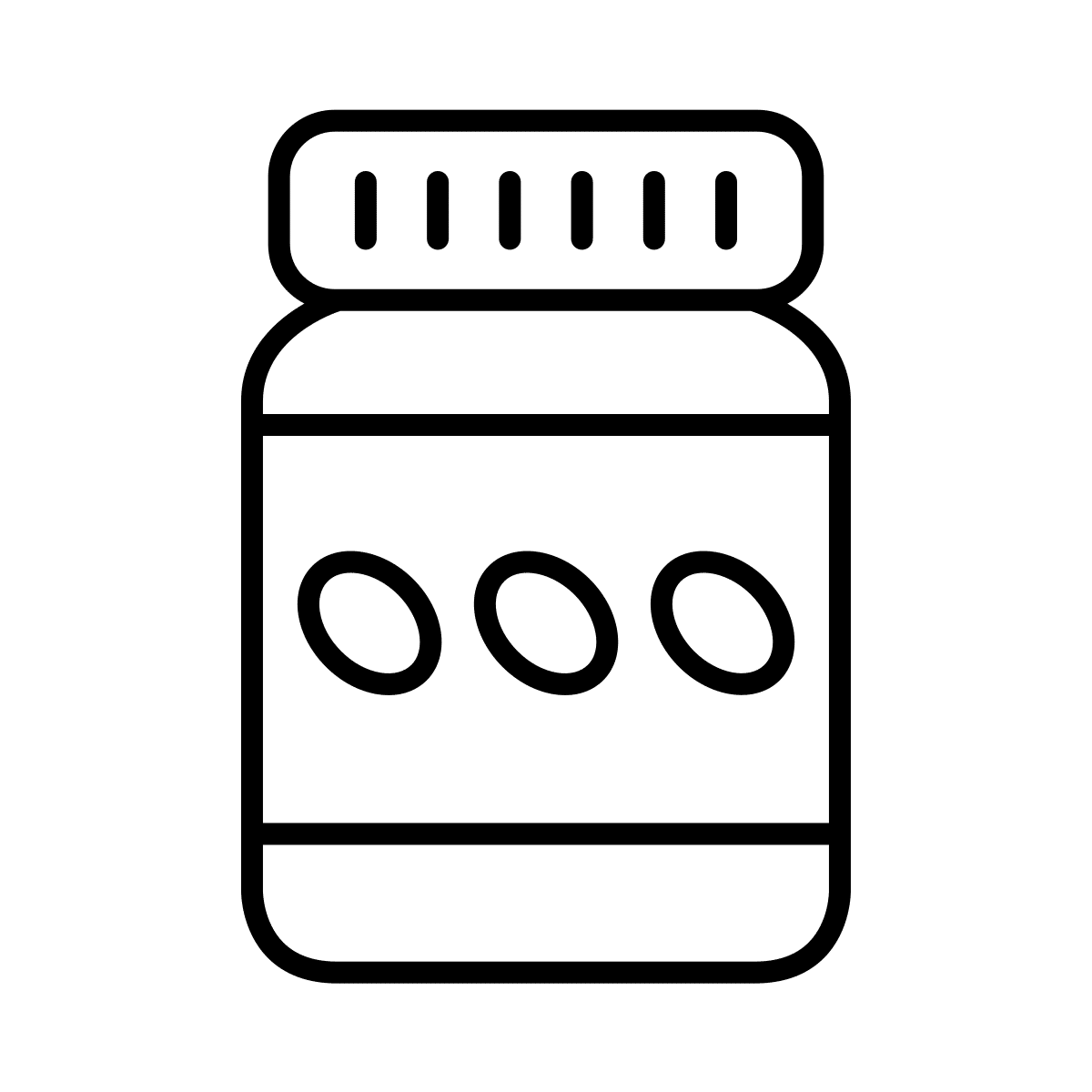You’ve probably heard about progressive web apps (PWAs). So you might be wondering if it’s just another buzzword. Are PWAs really all they’re cracked up to be? The short answer is yes. Progressive web apps are a big step up from mobile-responsive websites. Big brands like AliExpress are using them to improve conversion by as much as 82%, double the number of pages visited per session, and reduce their bounce rates.
Trying to convince your team of the value of progressive web apps; or maybe not totally convinced yourself? Let’s look at all benefits PWA’s can offer.
Is a progressive web app right for my brand?
It’s a good question to ask. Progressive web apps are really just a tool to address a pervasive issue called ‘user experience’ (UX). The point of having a progressive web app is to add value to the mobile shopping experience and make life easier for users.
If you’re like most ecommerce brands, you’re seeing between 60% and 70% of your traffic come from smartphones and tablets. Yet desktop traffic still converts better, almost double what mobile visits deliver.
You might assume customers like browsing on mobile, but prefer buying on bigger screens. That’s a dangerous assumption — and not supported by the facts.
Study after study shows that improving the mobile user experience raises mobile conversion too. It’s what they call the mobile commerce gap: shoppers want to buy on their smartphones, but they get frustrated trying to buy things on mobile-responsive websites and bounce off — often never to return.
10 years ago we were happy with the internet if we could watch a movie, even if it took a while to load. Nowadays we get annoyed if the connection drops from 5 bars to 4.
With the standard being set by the likes of Uber and Instagram, people expect great mobile experiences. It's become a baseline requirement for achieving higher conversion and incentivising repeat purchases. And there are many examples of PWAs in ecommerce that prove it works.
Progressive web apps are a great way to match the mobile experience shoppers crave. It looks and feels like a native, locally-installed mobile app you’d get from an app store, but it loads automatically in their mobile browser when they visit an ecommerce website. If you only have a mobile responsive website, upgrading to a progressive web app is vital for future growth.
If you’re deciding between a PWA and Native app read more about it in this article.
8 Benefits of Progressive Web Apps for Ecommerce
Now, back to the main question we’re answering here. What are these magical benefits of PWA’s? We’ve listed the 8 benefits below. Or check the ‘Benefits of PWA for ECommerce’ checklist below.

1. They boost conversion
Brands like Alibaba, AliExpress, and Lancôme have all increased conversion after switching to a PWA. PWAs are also raising the amount of time users spend on-site and the number of products they view. E-commerce marketplace Alibaba saw 76% greater conversion. AliExpress converted 82% more shoppers while doubling the number of pages visited per session.
2. They give you a new way to reach customers
PWAs let you use one of the most effective mobile marketing channels: rich push messages that appear on users’ lock screens. Push messages work, boasting a higher response rate than emails.
3. They make checkout fast and painless
PWA technology offers native-app-like technical capabilities that make buying on-the-go a breeze. You can add features like one-tap checkout and use stored user data to eliminate typing in addresses and credit card numbers.That shortens the steps from product selection to checkout.
4. You can use them even when your offline
A PWA can operate just like a native app, you just need to ‘install’ it first. Just visit the store website before disconnecting and the PWA loads in your browser automatically. That lets you browse the app and view products without an internet connection.
5. It’s a cost effective upgrade
You can improve a mobile-responsive website but you’ll never be able to replicate the slick and seamless experience a PWA delivers. Upgrading to a PWA is also more cost-effective than going all-out on a native app. You’ll get from ideation to go-live faster too.
6. They strengthen SEO
Search engines can index PWAs just like websites, so unlike nativel apps they can be used in SEO strategies to improve rankings. As PWAs offer better performance metrics than mobile-responsive sites, they’re more likely to move you up the SERPs.
7. They’re faster
Thanks to a technique called precaching, PWAs load quickly fast, even when the data connection is weak. Google says PWAs load 50% faster on average when compared to mobile-responsive sites.
8. Customers will reward you with increased engagement
PWAs have the seamless feel and advanced functionality users expect from native apps, and they make it easier to buy things on the go. Users spend more time and browse more widely as a result.
Get a premium PWA in less than 6 weeks
Mobile apps and progressive web apps are the standard in the ecommerce area. But we understand your issue: building a native or PWA app is expensive and timely.
At JM360 we solve that problem. Instead of long development time and big budgets, we’ll build, design and launch a premium mobile app in 6 weeks for affordable monthly pricing.
How? We’ve built an app as a service platform where we integrate with your existing webstore. All your products and settings are synced. We design with eye for every little detail, add out-of-the-box features and -- voila -- you’re ready to give your customers the mobile experience they deserve.
Request a demo here -- no strings attached of course.








